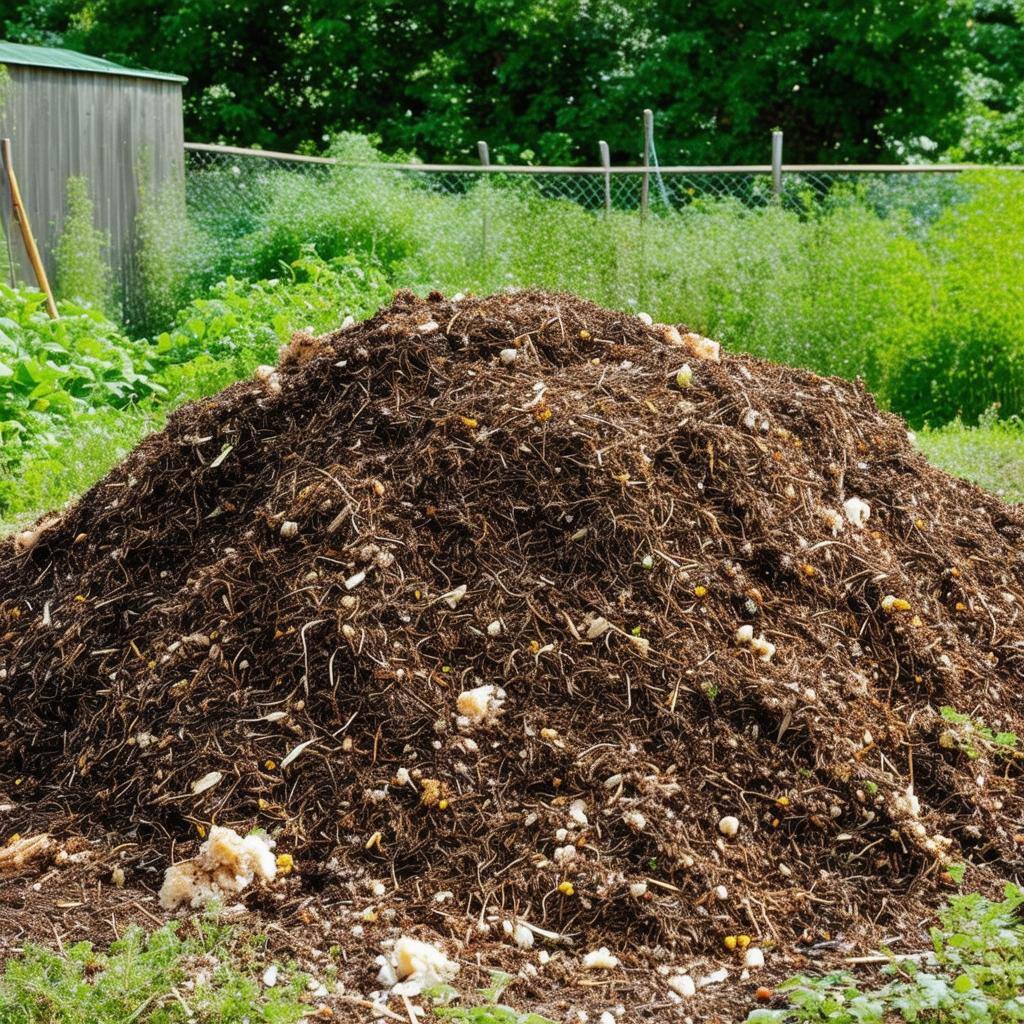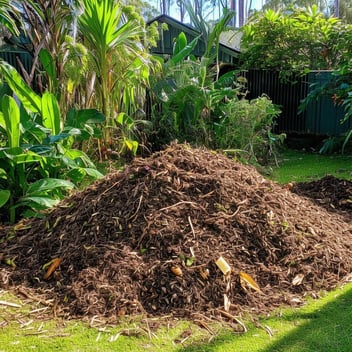Introduction: Embracing the Microbial Maestros of Composting
In the verdant landscapes of South East Queensland (SEQ), gardeners are increasingly turning to the transformative power of microbial composting. This natural process harnesses the prowess of microorganisms to convert organic waste into nutrient-rich humus, fostering sustainable and thriving gardens.
The Science Behind Microbial Composting
Microbial Decomposition: Nature's Recycling Process
At the heart of composting lies microbial decomposition, where microorganisms break down organic matter into simpler compounds. This intricate process recycles nutrients, returning them to the soil and promoting plant vitality.
The Role of Bacteria and Fungi in Composting
Bacteria initiate the composting process by decomposing simple organic materials, generating heat that accelerates breakdown. Fungi then take over, tackling more complex compounds like lignin and cellulose, ensuring thorough decomposition.
Benefits of Microbial Composting for SEQ Gardens
Enhancing Soil Fertility and Structure
Microbial composting enriches the soil with essential nutrients and organic matter, improving its structure. This enhancement boosts water retention and aeration, creating an optimal environment for plant roots.
Suppressing Plant Pathogens Naturally
A diverse microbial community in compost can outcompete harmful pathogens, reducing disease incidence. This natural suppression minimizes the need for chemical interventions, promoting a healthier garden ecosystem.
Starting Your Microbial Composting Journey
Selecting the Ideal Composting System
Choose a composting system that suits your space and needs. Options range from simple open piles to enclosed bins, each offering unique advantages for managing organic waste.
Balancing Green and Brown Materials
Achieving the right carbon-to-nitrogen ratio is crucial. Incorporate two parts carbon-rich 'brown' materials (e.g., dried leaves, paper) to one part nitrogen-rich 'green' materials (e.g., vegetable scraps, grass clippings) for efficient decomposition.
Optimizing Conditions for Microbial Activity
Maintaining Optimal Moisture Levels
Microorganisms thrive in moist environments. Keep the compost pile as damp as a wrung-out sponge to facilitate microbial activity and expedite decomposition.
Ensuring Adequate Aeration
Oxygen is vital for aerobic microbes. Regularly turning the compost pile introduces air, preventing anaerobic conditions that can lead to unpleasant odors and slow decomposition.
Common Challenges and Solutions in Microbial Composting
Managing Odors and Pests
Unpleasant smells and pests often result from imbalances. Avoid adding meat or dairy products, and cover food scraps with brown materials to deter pests and mitigate odors.
Troubleshooting Slow Decomposition
If composting seems sluggish, assess moisture levels and aeration. Adjusting these factors can rejuvenate microbial activity, accelerating the composting process.
Utilizing Finished Compost in Your Garden
Application Techniques for Maximum Benefit
Once compost matures into dark, crumbly humus, it's ready to enrich your garden. Apply it as a top dressing, incorporate it into planting holes, or mix it with potting soil to boost fertility.
Integrating Compost into Various Garden Types
Whether nurturing a vegetable plot, ornamental beds, or container gardens, compost serves as a versatile amendment. Its application enhances soil health across diverse gardening endeavors.
By embracing microbial composting, SEQ gardeners can cultivate resilient and bountiful gardens. This practice not only recycles organic waste but also fosters a harmonious relationship with nature's microscopic allies, leading to sustainable horticulture.




